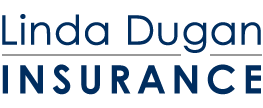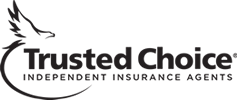As an RV owner in Astoria OR, you know you need RV insurance to protect your valuable investment. You may not know, however, what kind of RV coverage to obtain. At Linda Dugan Insurance, we can guide you in making good RV insurance choices to suit your lifestyle. Here are a few tips for choosing the RV coverage you need.
Protection for Your RV
Whether you’ve taken out a loan for your RV or own it outright, you’ll want coverage to protect your investment. This is where collision, comprehensive, and uninsured motorist coverage comes into play.
Collision covers the cost of repairing your RV if it’s damaged in a crash. Comprehensive protects you against RV theft and covers damage caused by inclement weather, animal strikes, vandalism, and other non-collision events. Uninsured motorist protects you against uninsured and hit and run drivers.
Protection for Others
RV liability insurance covers damage to others in RV accidents that are your fault. It covers others’ medical injuries and property damage, so these funds don’t have to come from your own pocket. A serious RV accident could cause a lot of damage to others. That’s why it’s important not to skimp on liability coverage. Liability coverage is also the only type of RV insurance required by Oregon law.
Specialized Coverage
If you live in your RV year-round or travel extensively, you’re at greater risk of theft, damage, or loss. You may want extra coverage like:
- Personal property & attachment to protect personal items in or attached to your RV
- Vacation liability to cover accidents in or around your RV when you’re at a campground
- Replacement cost coverage to cover the cost of replacing your RV if it’s totaled in a crash.
To purchase RV coverage in Astoria, OR, call or visit Linda Dugan Insurance today.



 My Account
My Account

 Dental Insurance
Dental Insurance